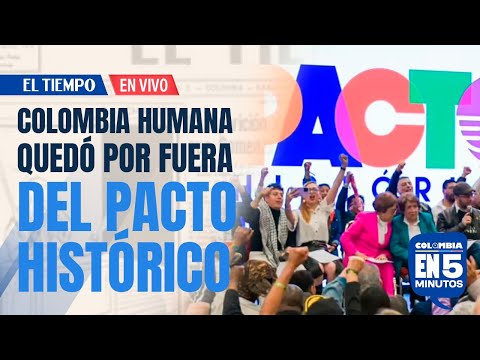The government agreed to lower the tax rate to 16 billion and reduce the budget, but there is no environment for the approval of both projects.

According to the Organic Budget Law, Congress only has until September 15 to approve the full budget for next year. The deadline is next Monday, and it is unclear whether the Senate and House economic committees will have enough time to do so. The urgency of the situation became even more evident on Wednesday when the joint committee session scheduled for that morning was canceled.
However, it has already been announced that the meeting has been scheduled for Thursday morning at 10:30 a.m. On paper, it represents four days to study whether to approve the government's request, 556.9 billion pesos, which seems sufficient. The problem stems from the lack of agreement within the committees. Although the majority of congressmen on the four economic committees agree that the amount should be lowered—only those closest to the party maintain the thesis that it should remain as is—there is no consensus on how much the reduction should be.
Gustavo Petro's administration has already begun to give in and has proposed several taxes it would be willing to remove from the tax reform it submitted to Congress. According to Representative Wilmer Castellanos, president of the Third Commission, the government has already agreed to remove VAT on fuel and hybrid cars, to modulate taxes on alcoholic beverages, and to levy a rent charge on those earning less than 10 times the legal minimum wage.
If the government gives in on this position, it's likely to give in on the amount as well. The tax reform would seek to cover the 26 trillion deficit that comes with the funding request for next year. If these taxes, which the government would forgo, aren't replaced, this means the funding must be reduced to have it available for 2026.
Under that logic, Castellanos and other congressmen point out that it would be feasible to reduce the original amount by 10 trillion, thus reducing the tax reform to a mere 16 trillion. However, this proposal would not have the full approval of the committees, making it difficult for the budget to be approved by Congress.
Several of the speakers consulted indicated their strong interest in the budget being approved by Congress, as they do not want to see certain powers passed that would allow President Gustavo Petro to modify future budget periods. However, they do not want to be "tied" to a tax reform they disagree with and that could backfire on them during this election season.
They assert that the only way they would approve the government's proposal is by reducing the amount of 26.5 trillion pesos underfunded. They stated that they absolutely do not want to be forced to approve a tax reform, and reducing the amount by 10 trillion pesos would ultimately make them dependent on voting for this controversial bill. Other congressmen go further and assert that 40 trillion pesos should be cut, which was the recommendation made by the autonomous fiscal regulation committee.
Given the lack of agreement, it's unlikely any of the proposals will pass. On one hand, there's the increasingly small sector that insists on not modifying the original proposal. Then there's the growing sector of those close to the government, like Castellanos, who believe a 10 billion cut is sufficient, and then there are those opposed to the executive branch who say the cut must be 25 billion or more.
"That's very complicated," say some of those consulted. They point out that the budget will most likely be passed by decree. They emphasize that while the two House committees would vote on the government's proposal, whether the original or with a 10 trillion reduction, the Senate would vote on the drastic reduction. Therefore, they assert that, unless something extraordinary occurs, the scenario of 2024 will be repeated, when Congress rejected a budget for the first time and it had to be issued by decree.

#Colombiain5minutes: CNE approved the merger of the Historic Pact Photo:
Juan Sebastian Lombo Delgado
eltiempo




